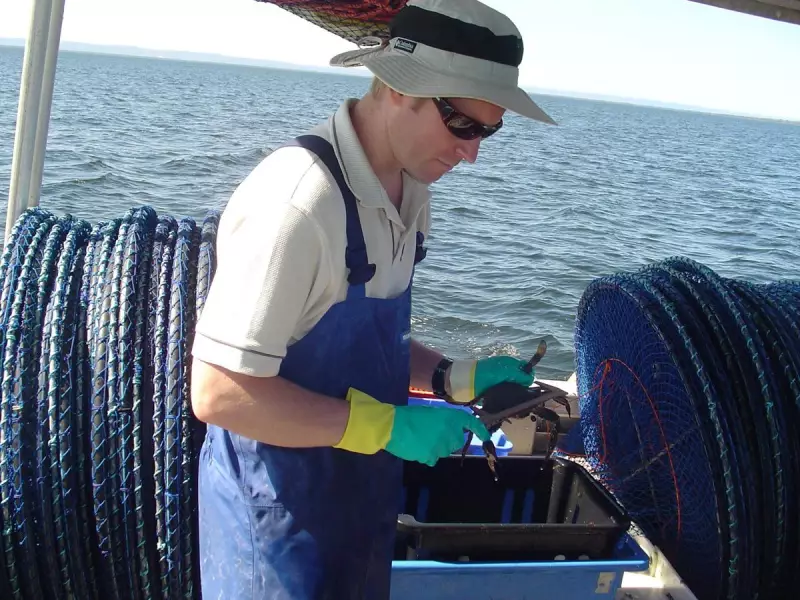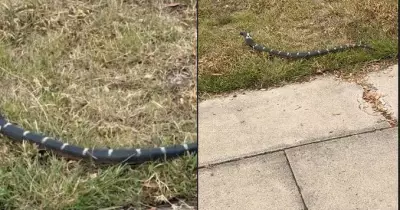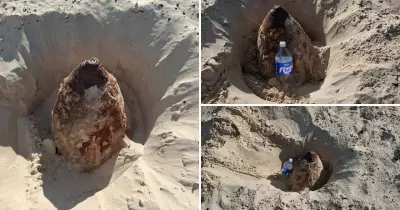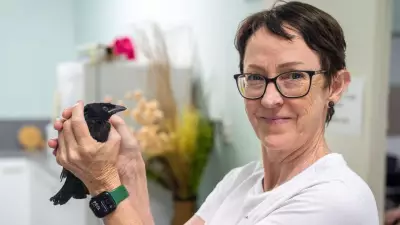
Bumper Crab Season Forecast for WA Waters
Western Australian crab enthusiasts have reason to celebrate, with fisheries experts reporting a significant surge in blue swimmer crab numbers just days before the summer season officially begins. The Department of Primary Industries and Regional Development's pre-season sampling indicates a promising season ahead for popular crabbing locations including the Peel Harvey Estuary and Cockburn Sound.
What's Driving the Crab Population Boom?
According to DPIRD research scientists, the boost in crab stocks is largely attributed to warmer water temperatures, which have encouraged a larger proportion of crabs to moult to legal size earlier in the season. This follows an exceptional crabbing year in 2024, where fishers reported one of the best seasons ever recorded for the Peel Harvey Estuary.
The upcoming season, commencing on Monday, December 1, marks an exciting continuation for Cockburn Sound, which reopened to recreational crab fishing last year after being closed for an entire decade.
Follow the Rules for a Sustainable Season
Principal Fisheries Management Officer Bianca Brooks is urging all fishers to carefully check their catches. "The size limit protects immature crabs and provides a chance for them to breed before they're caught," Ms Brooks emphasised.
Key regulations all crabbers must follow:
- Ensure all crabs meet the 127mm carapace minimum size limit
- Return any egg-carrying (berried) female crabs to the water immediately
- Respect daily bag limits which vary by location
Bag limits differ across regions:
- Cockburn Sound, Owen Anchorage and Swan River: 5 crabs per person, with a boat limit of 20 (with 4 licence holders)
- Outside these areas: 10 legal-size crabs daily
- Geographe Bay: Maximum of 5 female crabs within the total bag limit
Important health advice has been issued for those fishing in the Swan or Canning Rivers, where the toxin-producing algae Alexandrium may be present. Fishers are advised to remove the head, mustard and gills and thoroughly wash crabs before consumption.
Anyone witnessing suspicious fishing activity is encouraged to report it to DPIRD's 24/7 FishWatch service on 1800 815 507.






